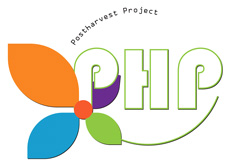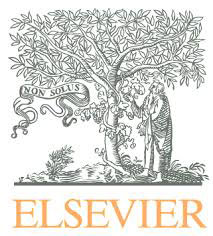Teams
Teams must be made of 3-5 students (mix of undergrad, master and max 1 PhD) enrolled in food-related study programmes. In the registration form, each team is requested to nominate one team coordinator to be the main contact point.
In order to ensure a fair competition, tutors or other academic staff are not allowed to assist the teams.
Project topic
The teams are invited to present a project aimed to identify solutions, design and develop ideas, tools and actions aimed to solve a real industry-based issue and or an aspect/topic whose results may be of interest for the food industry and/or the food chain.
In this edition, student teams are challenged to find solutions focussed on “Fighting food, energy and water losses”. We welcome projects dealing with solutions, strategies, process and product innovations able to actively reduce waste throughout the food supply chain and life cycle of the product, from agricultural and breeding productions, food industrial processing, packaging, storage, distribution and service steps.
All registered teams will work independently on the development of the target issue.
The topic will not involve compulsory practical work in a lab but should be focused on finding the best solution that could meet food company expectations in terms of health and safety risks, improvement of economic value, quality enhancement of the products, and sustainability.
A mid-term virtual meeting will be organised with team coordinators as check-point and discussion on specific issues.
Project Evaluation
Teams will submit by the fixed deadline a report of max 4 pages and a ppt presentation of max 20 slides. Using a set of pre-defined evaluation criteria, the Scientific Organising Team and Evaluation Board will evaluate the teams and find the winner on the basis of:
- The Project: The originality of the project. The match of the project to the competition aim. The innovativeness and potential exploitability of the project.
- The Written Report: The clarity and overall quality of the written report.
- The PPT Presentation: The clarity and overall quality of thee submitted ppt presentation. The clarity and overall quality of the oral presentation. Responses to questions at the Final Virtual Workshop.
A template form for the written report is available for download at the bottom of the page. The ppt presentations will be presented at the Final Virtual workshop “FoodFactory-4-Us”, an open and internationally disseminated event.
Written reports and ppt presentations have to be submitted by email to foodfactory4us@iseki-food.net the latest 25 May 2019




